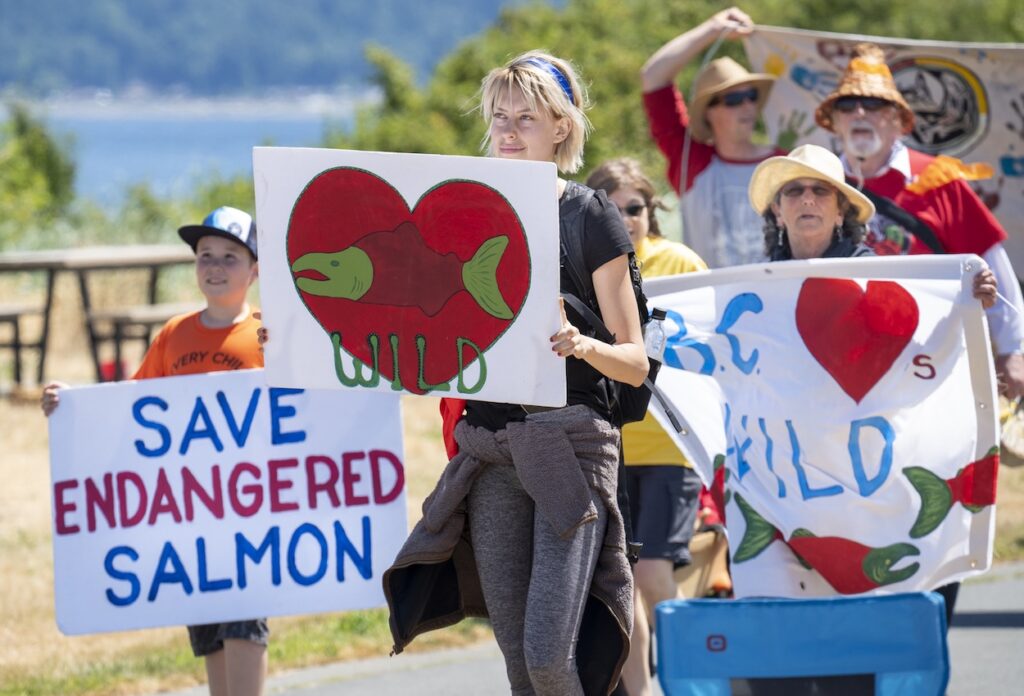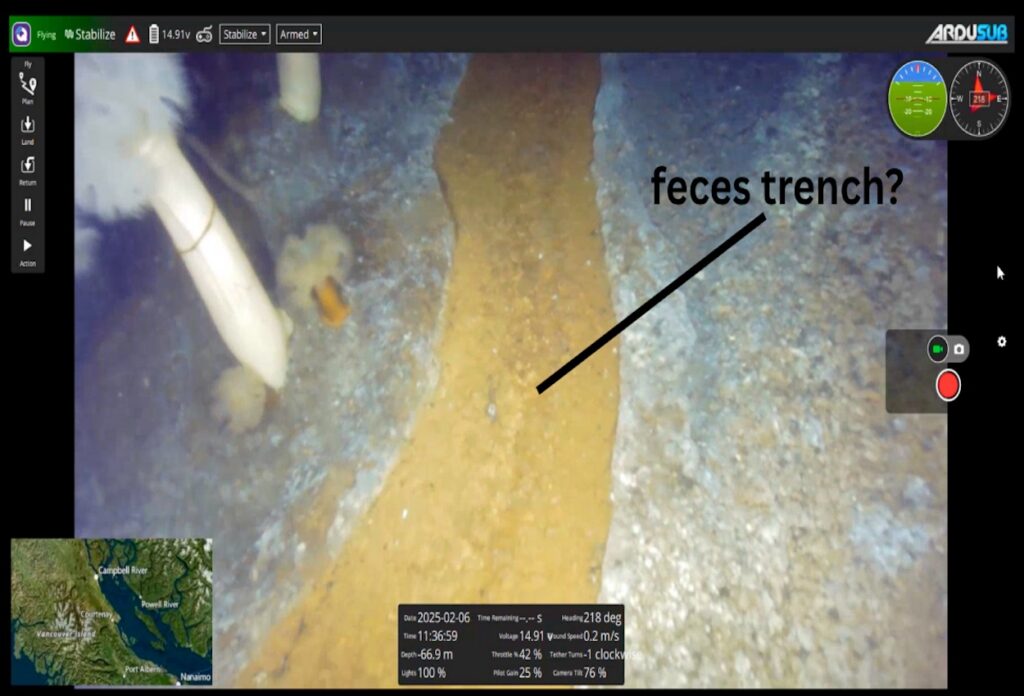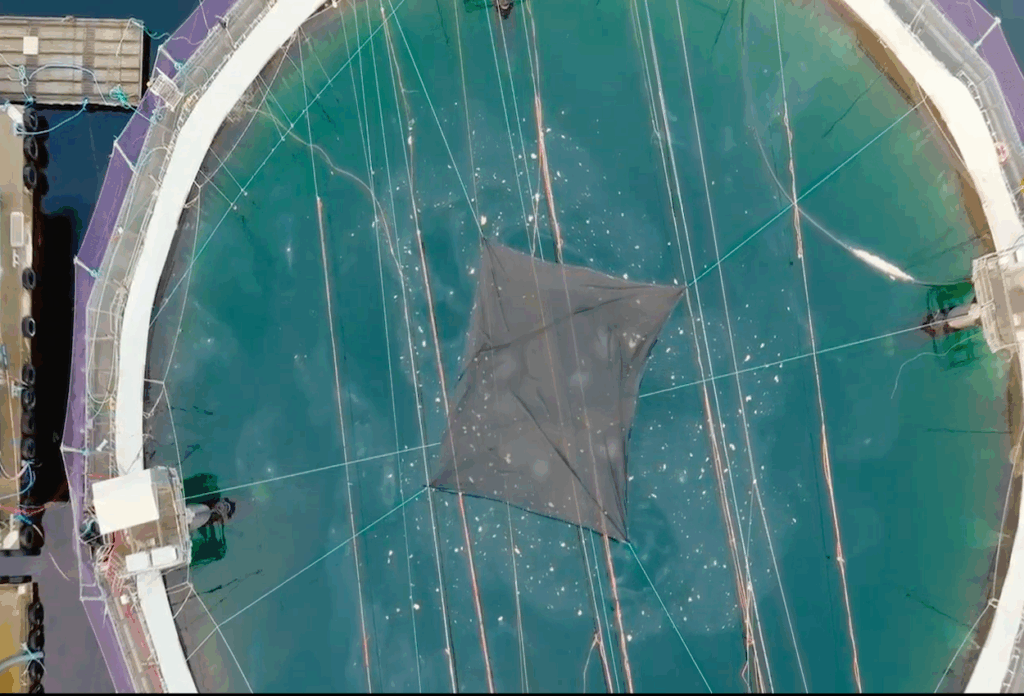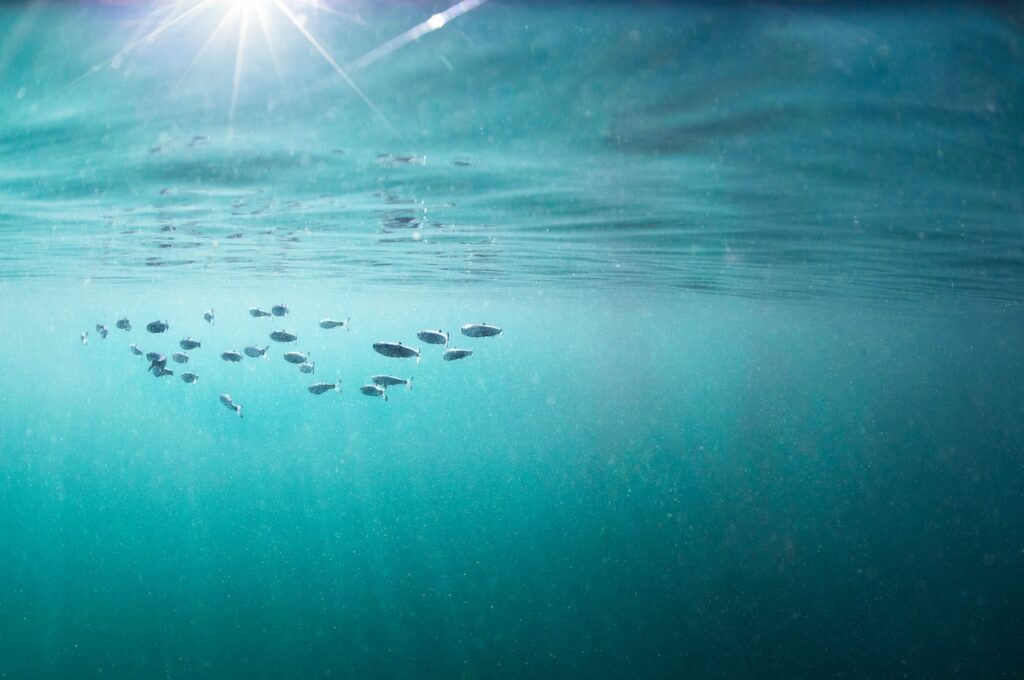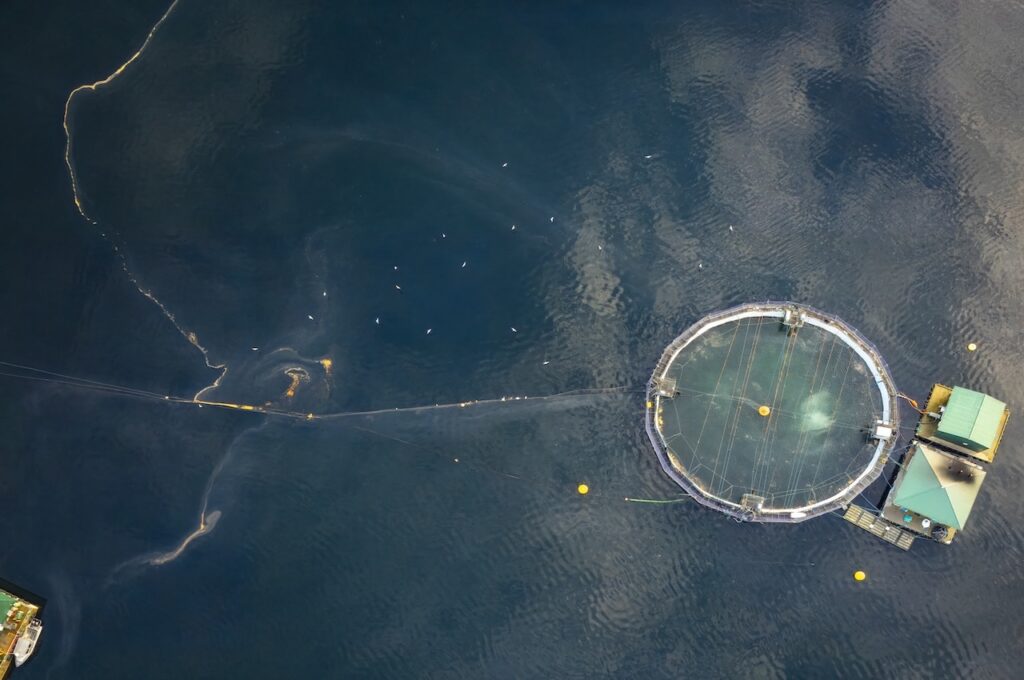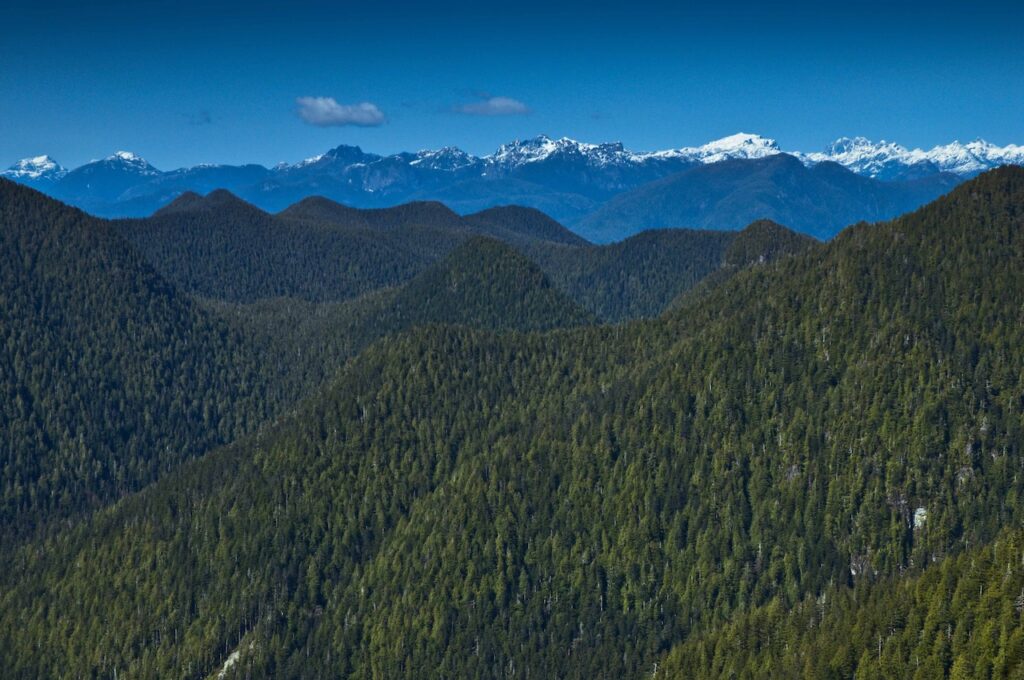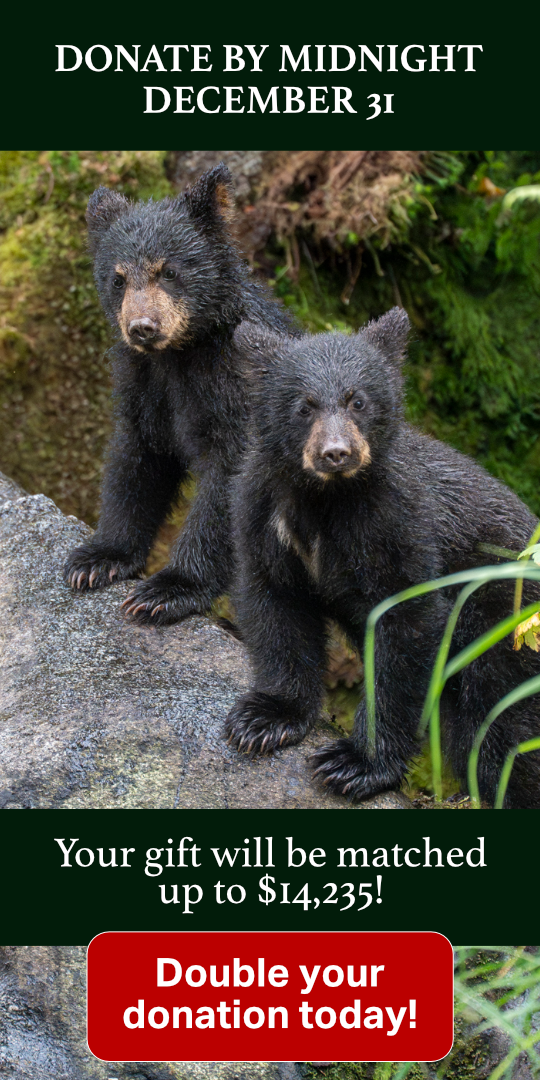23 year old Tamo Campos grew up in North Vancouver. A sponsored snowboarder who chased winter for the last 12 years, he’s now putting roots into both environmental and humanitarian work. This led him to cofound Beyond Boarding, to spread awareness in the outdoor community of environmental and social issues. Beyond Boarding believes in being a part of a lifestyle that creates tangible positive change in the world.
In the last year Beyond Boarding has done humanitarian projects in the Amazon, ridden volcano craters in Patagonia, fought a coal mine in the Sacred Headwaters, filmed two docs, and split-boarded around BC in a school bus that runs on waste veggie oil.
The Sacred headwater lies in Tahltan First Nations territory in northwestern BC. It’s an area of vast wilderness and encompasses three of the largest undammed salmon bearing rivers in North America: the Stikine, the Nass, and the Skeena.
The threat of Shell’s coal-bed-methane project left the headwaters in 2012, and the BC government set up an oil and gas moratorium for the area, yet it was far from being protected. In fact, while our Liberal government used this moratorium as part of their green credentials during the spring election, they simultaneously fast-tracked an open pit coal-mining project by Fortune Minerals—in the exact same area! The project would level the sacred mountain of Klappan.
Frustrated by the inaction of our government and the company’s refusal to leave, the Tahltan set up their Beauty Camp as a base for protests.
The six-week protest included giving the mining company an eviction notice, drumming every second day down at Fortune’s main camp, taking over two of Fortune Minerals environmental assessment drills (which were leaking cuttings into fish-bearing steams), and occupying the main camp to prevent Fortune employees from drilling.
In the end, Fortune Minerals pulled out of Klappan Mountain before they had done their summer’s work. A huge part of the victory stemmed from the company’s unwillingness to take the matter to court because of the aboriginal rights and titles the Tahltan have on their unceded land.
For our crew, taking over drills was a summer time rush that rivaled winter cliff jumps in the mountains. Yet that rush was such a small part of the experience at Beauty Camp. The hospitality the Tahltan showed us was like nothing I’d ever been a part of. From day one we were treated like family and fed like kings. Our only gift back was to film all the meetings and keep their website updated with photos, while the gifts they gave us were so much bigger.
During the day, Tahltan locals Wayne and Peter would show us how to hunt and skin caribou, moose, groundhog and porcupine. They taught us how to respect the animal while skinning it and to share all the meat with everyone at camp. During the evenings everyone at camp would tell us stories by the fire and we even got to play their traditional game of stick gambling (a game that has been played for thousands of years).
What struck me throughout the experience was the intergenerational dynamics of the camp. The camp consisted of all ages and kinds of people; kids, teachers, elders, drillers and band council members. Everyone understood what was at stake if the coal mine were to go through.
With huge short-term economic benefits offered at their doorstep the Tahltan refused to step down from protecting what they valued most; their traditions, their land and their water. It was a powerful message. To witness firsthand, people losing their jobs standing up to save the very ecology that supports life on this planet. To have such warriors in our province, standing up for a sacred area was a lesson we can all learn from.
It’s hard not to see the common trends in the solutions we’ve come across this trip. Whether it’s off the grid-farms in Hazelton, local snowboarders foraging their own foods in Prince Rupert, a teacher taking their kids out on garbage cleanups in Kitimat or protests camps in the Sacred Headwaters, they all have a similarity. They all involve people who have broken away from the mainstream cultural habits that glorify greed and have become driven instead by compassion and a willingness to protect our water, air and land. They’re breaking the cultural norms and living in harmony with the natural world rather than exploiting it.
As we cruise through Fort Nelson knowing the natural gas industry alone uses eleven billion litres of fresh water a year I can’t help but smile, knowing that this isn’t the only way we have to be in BC.
Check out one of the short movies we made during our time at Beauty Camp:
Occupy Klappan
